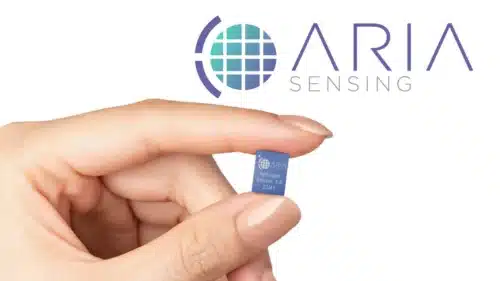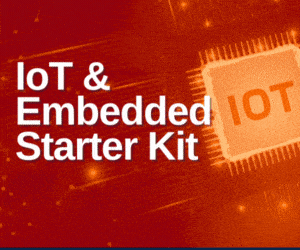The Ultra-Wideband radar chip supports 3D beamforming and low-power use, making it useful for detecting motion in cars, homes, factories, and health care.

Italian company ARIA Sensing has introduced Hydrogen, an Ultra-Wideband (UWB) Radar System-On-Chip (SoC), the first to support 3D beamforming with programmable bandwidth up to 1.8GHz. The SoC enables scalable 1D, 2D, and 3D detection with advanced radar-waveform capabilities, making it suitable for sensing presence, position, vital signs, and gestures with high resolution and low power consumption.
The Hydrogen SoC from ARIA Sensing features advanced waveforms with single-pulse and pulse-compression capabilities, ensuring high precision in radar sensing. It includes two integrated RISC-V microprocessors, providing strong performance and flexibility for various applications.
With support for 3D beamforming, Hydrogen can control up to four transmit and four receive antennas, enabling scalable array configurations for optimized 3D imaging and radar detection. Its unique architecture ensures precise synchronization across all channels, allowing focused pulse transmission to specific points in space, overcoming the inefficiencies of 60GHz devices.
Hydrogen’s beamforming and ultra-high resolution enable accurate 3D localization with depth perception, making it ideal for gesture recognition, ceiling-mounted presence sensors, and in-cabin vehicle detection. In security and safety applications, it supports elderly care, fall detection, and contactless vital sign monitoring, including breathing and heart rate detection.
Hydrogen’s programmable bandwidth, up to 1.8GHz, enhances adaptability for various sensing applications and environments. ARIA Sensing provides four modular solutions designed for 2D and 3D radar applications, enabling seamless integration across automotive, industrial automation, and smart home technologies.
“Hydrogen represents a paradigm shift in radar technology, combining cutting-edge UWB advancements with compact SoC design. We are excited to see how this innovation will redefine radar sensing applications,” says Alessio Cacciatori, Founder and CEO at ARIA Sensing.
For more information, click here.







